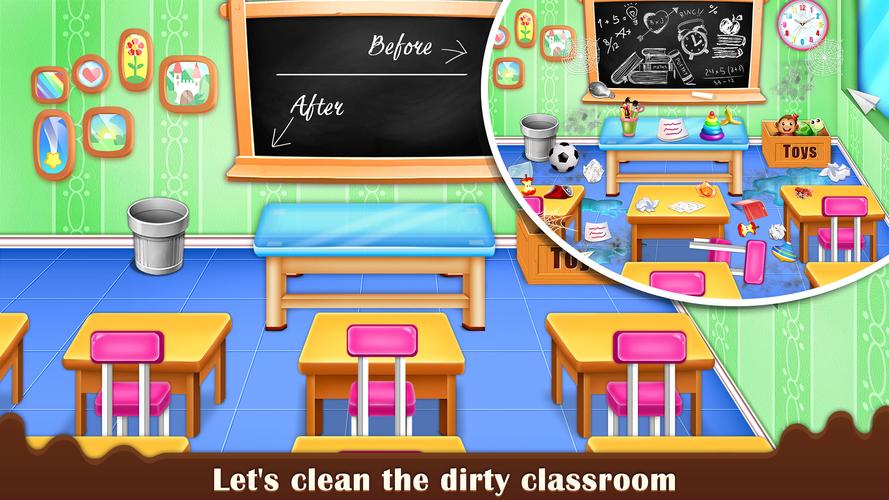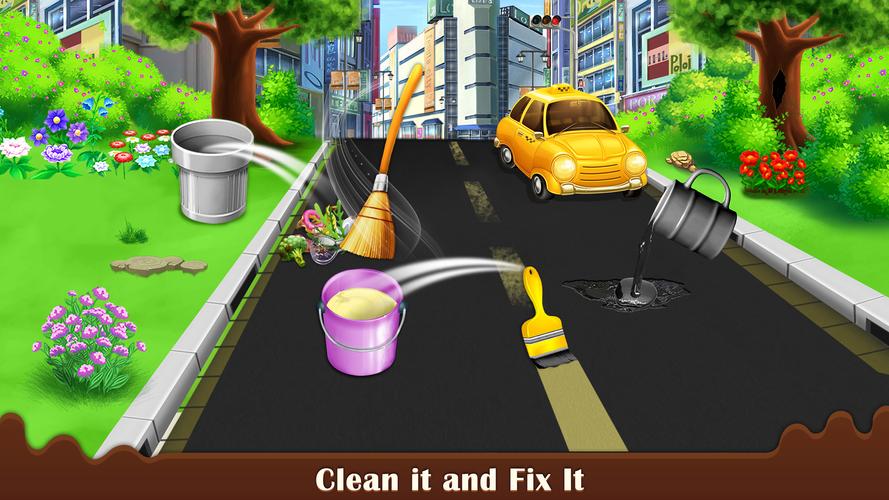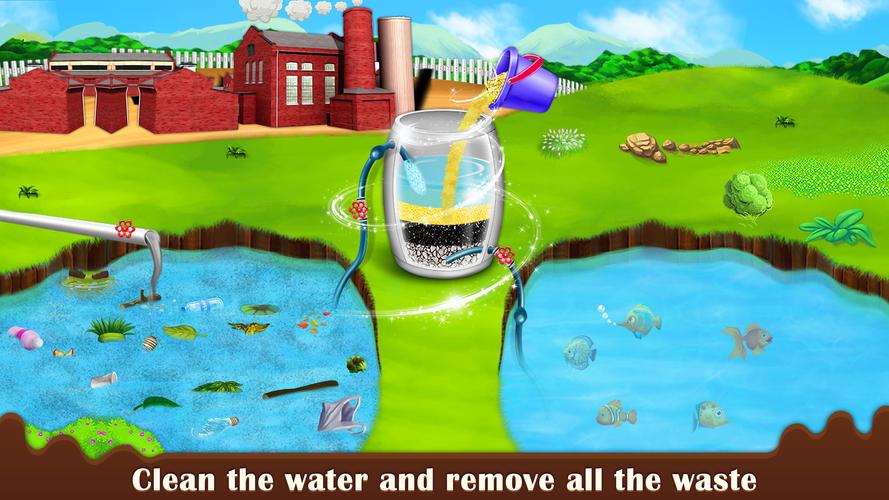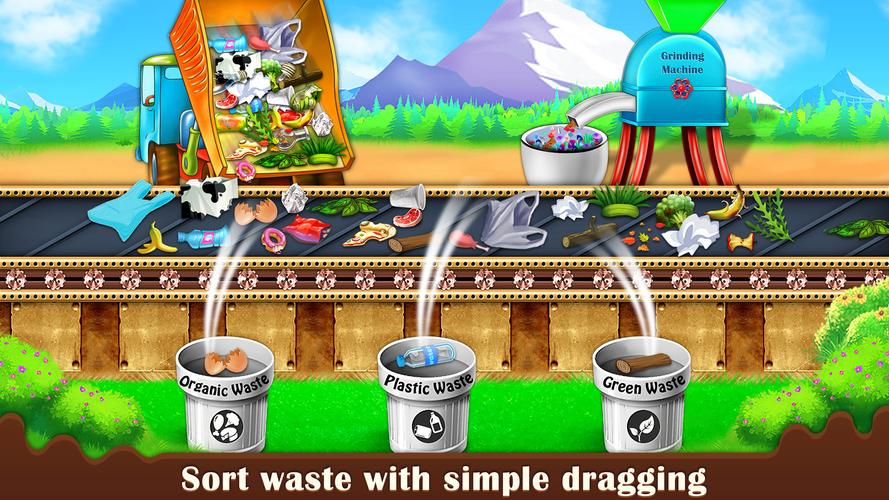Maintaining a clean country is everyone's responsibility. Teaching children the importance of environmental cleanliness is crucial, making it a fundamental civic duty. Daily cleaning habits should be ingrained in every citizen to ensure a clean nation. We must proactively contribute to cleaner surroundings for the betterment of the entire country.
Cleanliness isn't merely a responsibility; it's an essential daily practice, integral to a healthy lifestyle. To foster this habit, we must extend our concern beyond ourselves to encompass our neighbors and community, emphasizing how cleanliness promotes health, a clean environment, and a secure future.
12 Ways to Contribute:
1. Garden Clean-up: Maintain your garden by removing damaged plants, planting new seeds, and promoting a healthy environment.
2. Pool Maintenance: Keep the pool clean by removing toys and debris. Clean the surrounding area, disposing of trash properly.
3. Hospital Hygiene: Assist hospitals in maintaining cleanliness and order for patients. Organize and clean areas before medical personnel arrive.
4. Fuel Station Cleanliness: Contribute to a clean fuel station by collecting and disposing of trash appropriately.
5. School Cleanliness: Promote responsible citizenship by participating in daily school cleaning, including classrooms and the cafeteria. Dispose of waste properly and maintain order.
6. Roadside Clean-up: Participate in community clean-up efforts, removing litter and debris from roads and streets to improve the environment for everyone.
7. Waterway Clean-up: Address water pollution by participating in river or water body clean-up initiatives. Industrial pollution is a major contributor to water degradation.
8. Air Quality Improvement: Combat air pollution, the world's deadliest environmental issue, by reducing industrial emissions, using public transport, and planting trees.
9. Waste Sorting: Practice waste sorting, separating materials like wood, metal, glass, and plastic for recycling.
10. Compost Production: Create compost from organic waste using an organic waste converter, producing organic fertilizer.
11. Pellet Production: Process green waste to create biomass pellets using grass shredding, cyclone heating, and drying techniques.
12. Fuel Production: Recycle plastic waste to create low-density oil (LDO), carbon, and liquefied petroleum gas (LPG). LDO can be refined further into petrol and diesel.
Let's work together to create a cleaner, healthier, and happier country. Join the fun and make a difference!




















